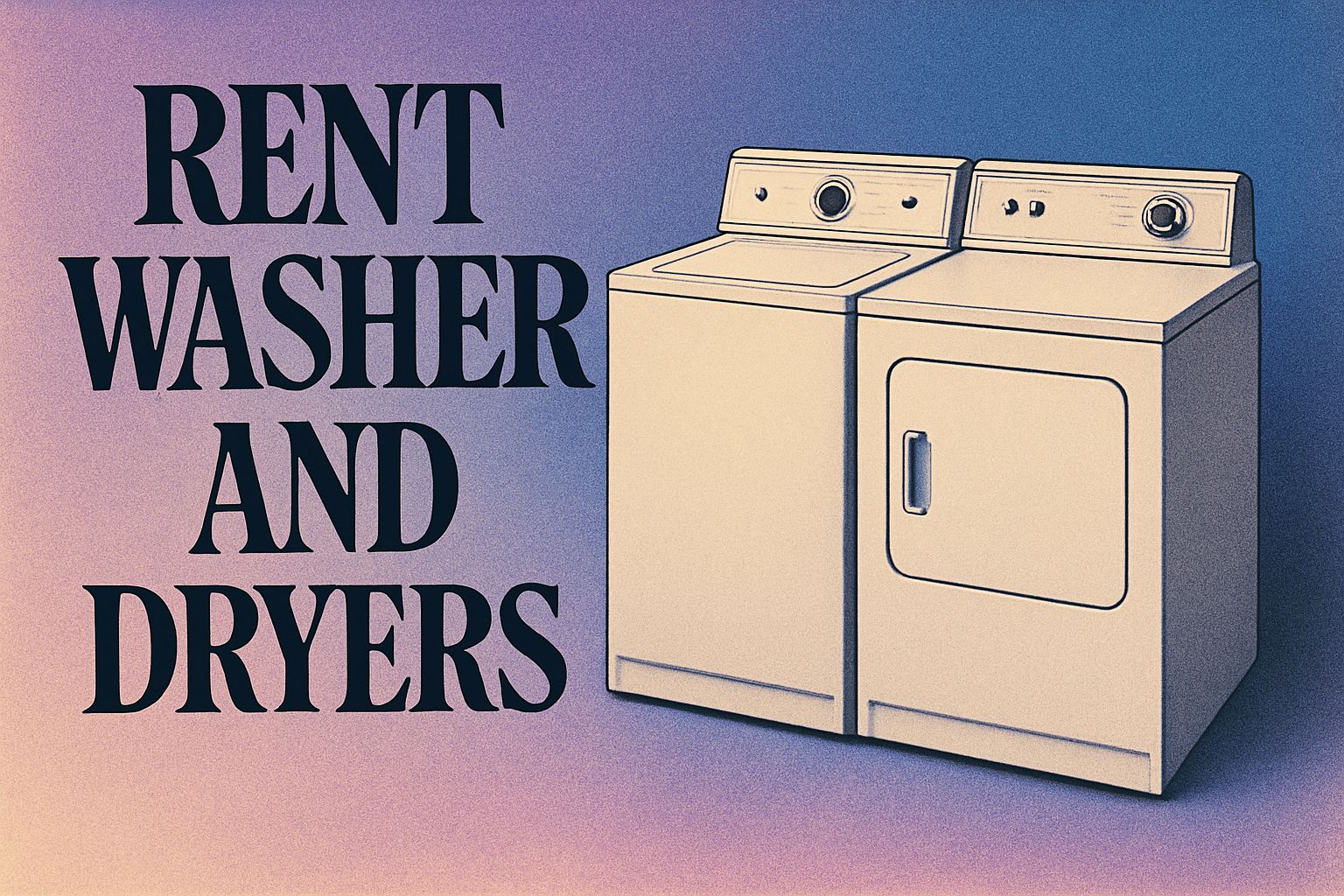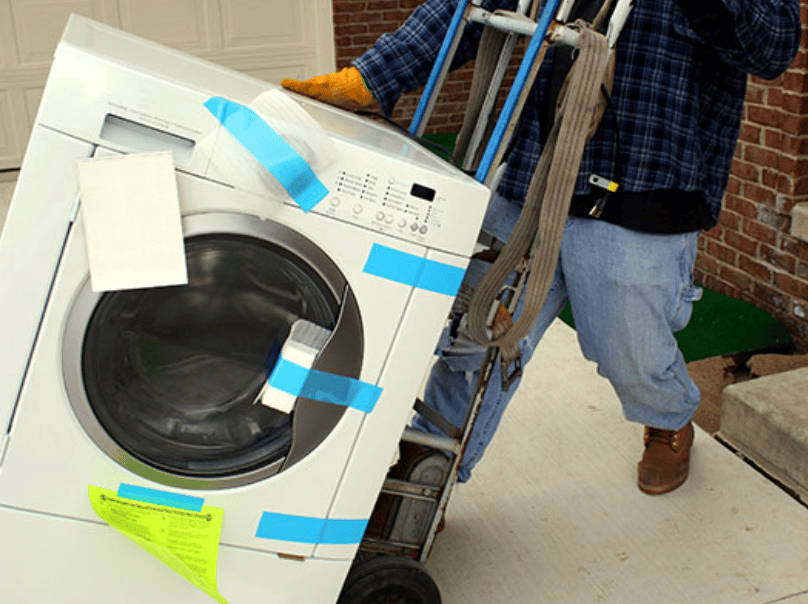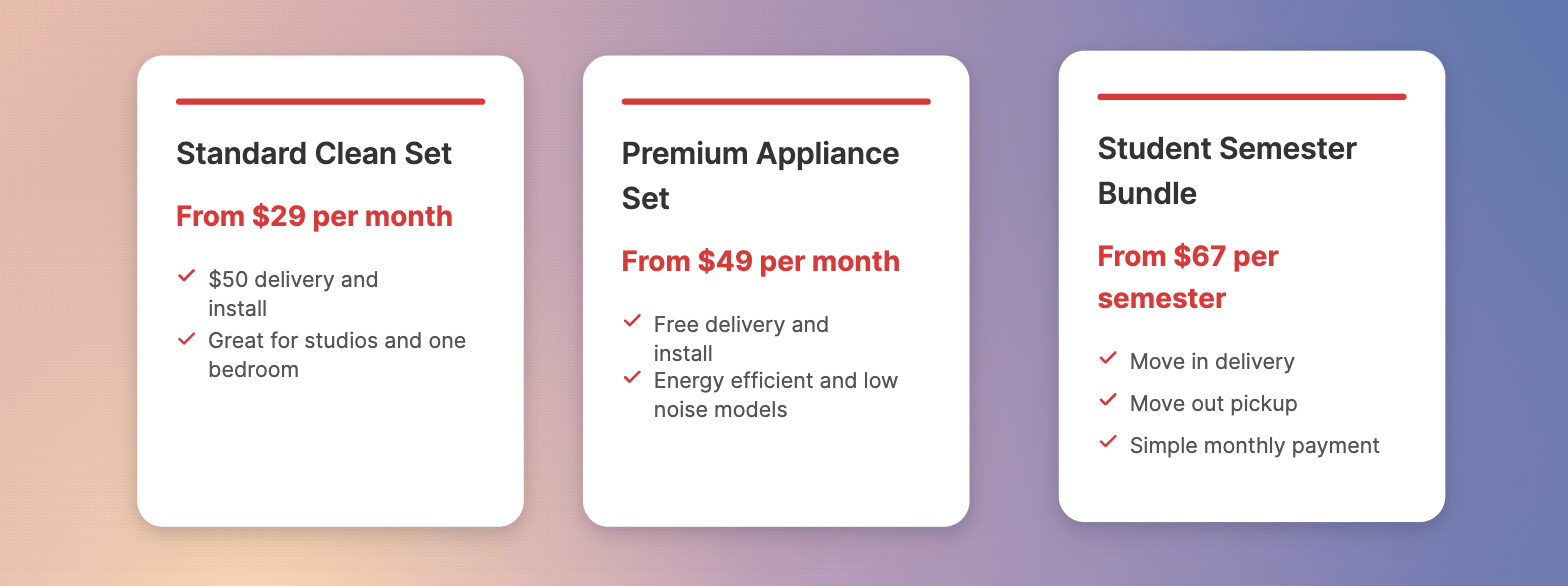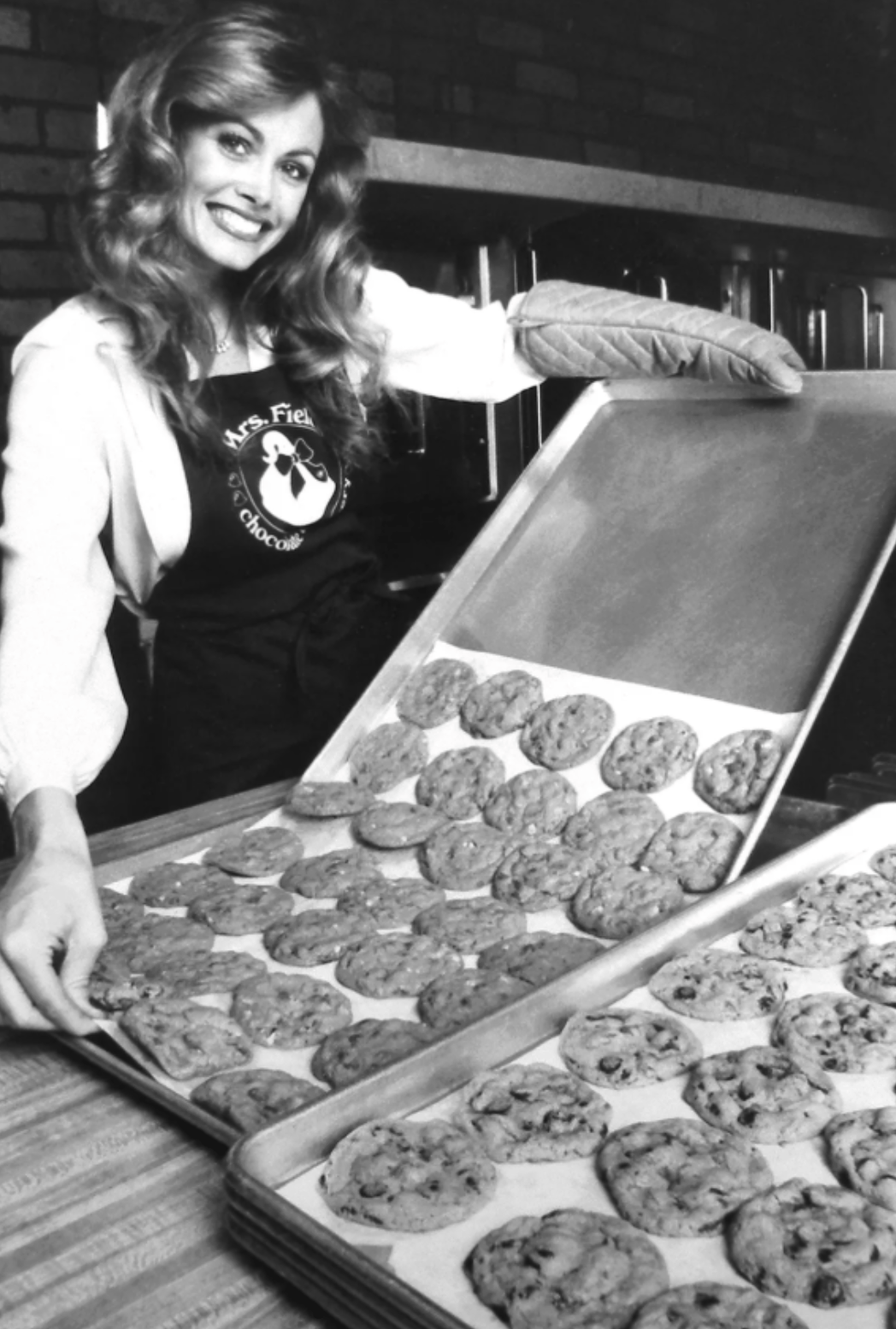
Welcome to The Ramen Hustle, your daily newsletter serving up hot, scrappy business ideas, helping you go from zero to side hustle.
In today’s edition:
💡 College student move-in cheat code
🍪 The smell of fresh cookies
☄️ The reason you can never launch
🦇 The dark bite

Email Was Only the Beginning
Four years in the making. One event that will change everything.
On November 13, beehiiv is redefining what it means to create online with their first-ever virtual Winter Release Event.
This isn’t just an update or a new feature. It’s a revolution in how content is built, shared, and owned. You don’t want to miss this.


A niche, scrappy business for you.

Renters hate buying big washers and dryers that they cannot take with them. College students hate it even more. They move often, their budgets are tight, and every apartment has a different layout or hookup. Marketplace finds are sketchy, retail prices are painful, and delivery is a hassle.
The Scrappy Solution: Launch a local washer and dryer rental club. Customers pay a small monthly fee. You deliver clean, tested units. You handle delivery and hookup. When they move, you pick it up and rehome it to the next renter.
Blanket student housing zones with door hangers, QR stickers in elevator lobbies, and a referral code that turns roommates into your sales team. Partner with property managers and the campus housing office so your service feels like an add on to the lease.

Offer a standard set for budget renters and a premium energy efficient set for people who want quieter cycles and lower utility bills. Keep pricing transparent and include a clear delivery and install fee that accounts for stairs and tight spaces. For students, sell semester bundles that include delivery at move in and guaranteed pickup at move out so parents never have to lift anything.
Add a protection plan that promises fast swaps and basic wear and tear coverage.

The Ramen-Level First Step: Set up a one-page local site with three plans and a book now button that opens a Calendly style scheduler. Use a free Google Voice number for SMS. Buy two refurbished sets and store them in a small garage or storage unit.
Then canvas three student-heavy apartment complexes this weekend with fifty door hangers and a QR that says Laundry Solved. Post the same offer in two local student Facebook groups and one campus subreddit. Aim for five paid installs this month to prove your pricing and pitch can translate to sales.

Rate this hustle:


Because one spark might just flip your whole week upside down.

Waiting for Perfect
You tell yourself you are polishing. Tightening the copy. Tweaking the colors. You open the doc to fix one tiny thing and somehow an hour disappears into font sizes and icon weight. The launch button sits there like a big red dare. Not today, you think. It needs one more improvement. Then another. Perfection is clever. It dresses up as high standards and calls itself quality control. But under the costume is fear of being seen with the seams showing.
Here is the quiet truth: The first version is supposed to wobble. It is a bicycle without training wheels. You do not become ready and then launch. You launch and then become ready in public. The moment something touches the real world, it begins teaching you. A week of feedback beats a month of tinkering. The messy edges are not a flaw. They are conversation starters that pull customers into your process.
Ship a slice, not the whole cake. Put the core promise in front of people and watch where they lean in. If they squint at the price, fix the price. If they ask the same question twice, make that your next headline. Replace the myth of the perfect debut with a rhythm you can trust.
👉🏼 Show, learn, improve, repeat. It is less dramatic than a grand unveiling and far more powerful.


A teardown of a real business (why it worked… or why it flopped).

The Pitch: In 1977 Debbi Fields opened a small cookie shop in Palo Alto and bet that warm bakery-style cookies made with premium ingredients could command a premium price in high-traffic locations. When early foot traffic was thin she handed out fresh samples at the door and let the aroma and taste do the selling. The promise was simple and memorable fresh cookies baked all day so the store itself became the ad.
The Rise: The formula clicked. Locations spread through malls and airports where foot traffic was dense and impulse treats convert. By the mid to late eighties, the company was opening dozens of stores per year and grew to hundreds of shops. A key operational move was standardizing quality and later centralizing dough production so every store baked the same product with less waste.
Headquarters moved to Utah in 1982 as the system scaled. In 1990 the company began franchising, which accelerated unit growth and in 2000 the owner acquired TCBY, adding a second treat brand and more real estate options.

The Fall: Expansion carried debt and the mall model proved cyclic. By the early nineties, growth stalled under leverage from rapid buildout. After private-equity ownership, the parent company that by then included TCBY filed for Chapter 11 protection in 2008 and later restructured again in 2011. Sales pressure from soft mall traffic and the temptation to trim labor or ingredients risked dulling the on-site bake experience that had driven the brand.
Here’s What We Can Learn:
Let the product sell itself
Be where the people are
Keep things simple
Have a natural next step for upsells


If a famous character started a hustle (fun angle on ideas).

After the city quiets down, a matte black taco truck slides out of the shadows. No neon, no cute chalk art. Just the glow of a heat lamp, the scent of char on fresh tortillas, and a small sign that says The Dark Bite. Doors open after ten, cash only, and every order comes stamped with the creed Justice Served Hot.
Finding the truck is part of the legend. It haunts the edges of venues, pop ups, and after hours art lots. The location is teased with a single clue at 9:47 each night. Solve the riddle and you eat first. Loyal fans collect enamel pins that say Justice Served Hot, heat reveal mugs, and hoodies with pockets deep enough for salsa cups. None of it is sold online. You earn it at the curb.
There are rules of the alley. No photos of the crew. No questions about the base. No cards. Cash keeps it fast and anonymous. Orders slide out in matte black wrappers, napkins are mysteriously lint-free, and salsa comes in three moods named Interrogation Mild, Detective Medium, and Final Act. Whisper “Rooftop” and you unlock a nightly special that changes with the moon, sometimes a taco dorado with a whisper of truffle, sometimes street corn tucked into a warm tortilla like a classified file.
🦇 Bring cash. Wear black. Come hungry. Justice is on the grill.

🥤QUICK SIPS
🛠️ AI Tool: Couple uses ChatGPT to launch a $400k side hustle
📚 Must-Read: Why being “small” is a secret weapon
📈 Trending Story: A rising cohort of founders aged 70–79 starting companies
💬 Found on X: Learn the FBI’s 6 secrets of negotiation
That’s Your Daily Dose!
👉 The only rule? Don’t just read it. Steal it.
Have an idea you want feedback on? Reply back to this email.
Looking to sponsor The Ramen Hustle? Just fill out this form and we’ll get back to you asap.


